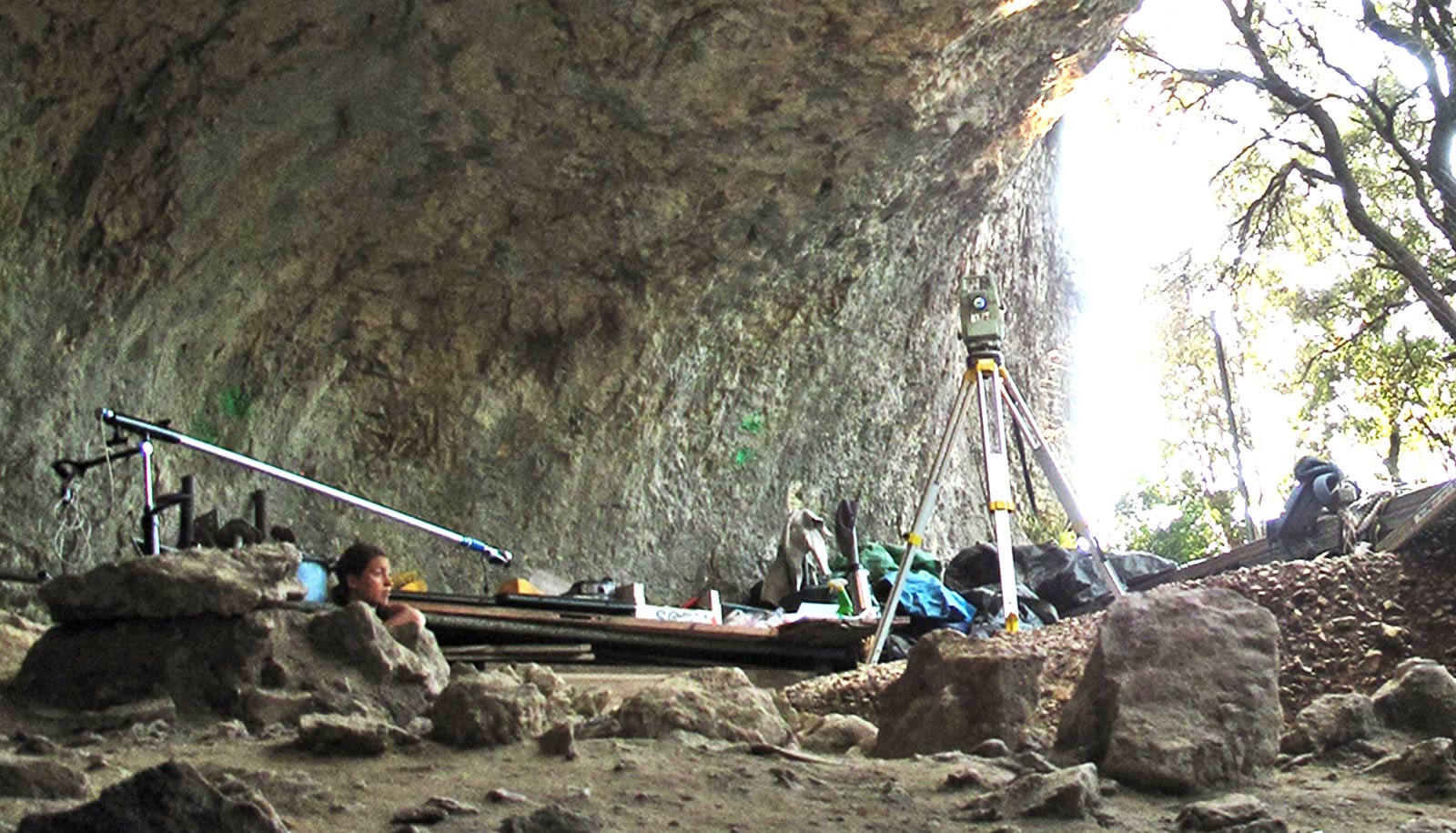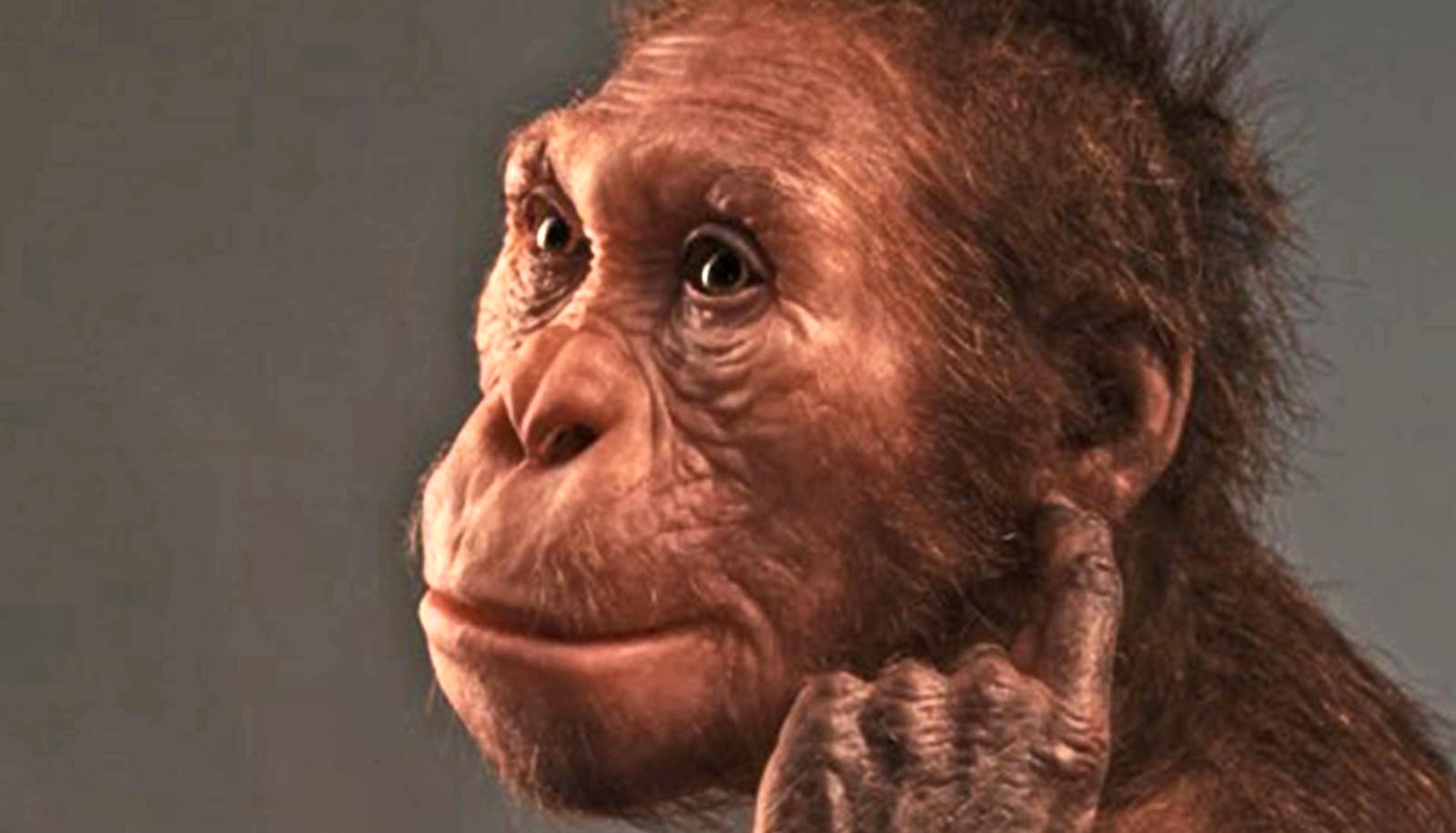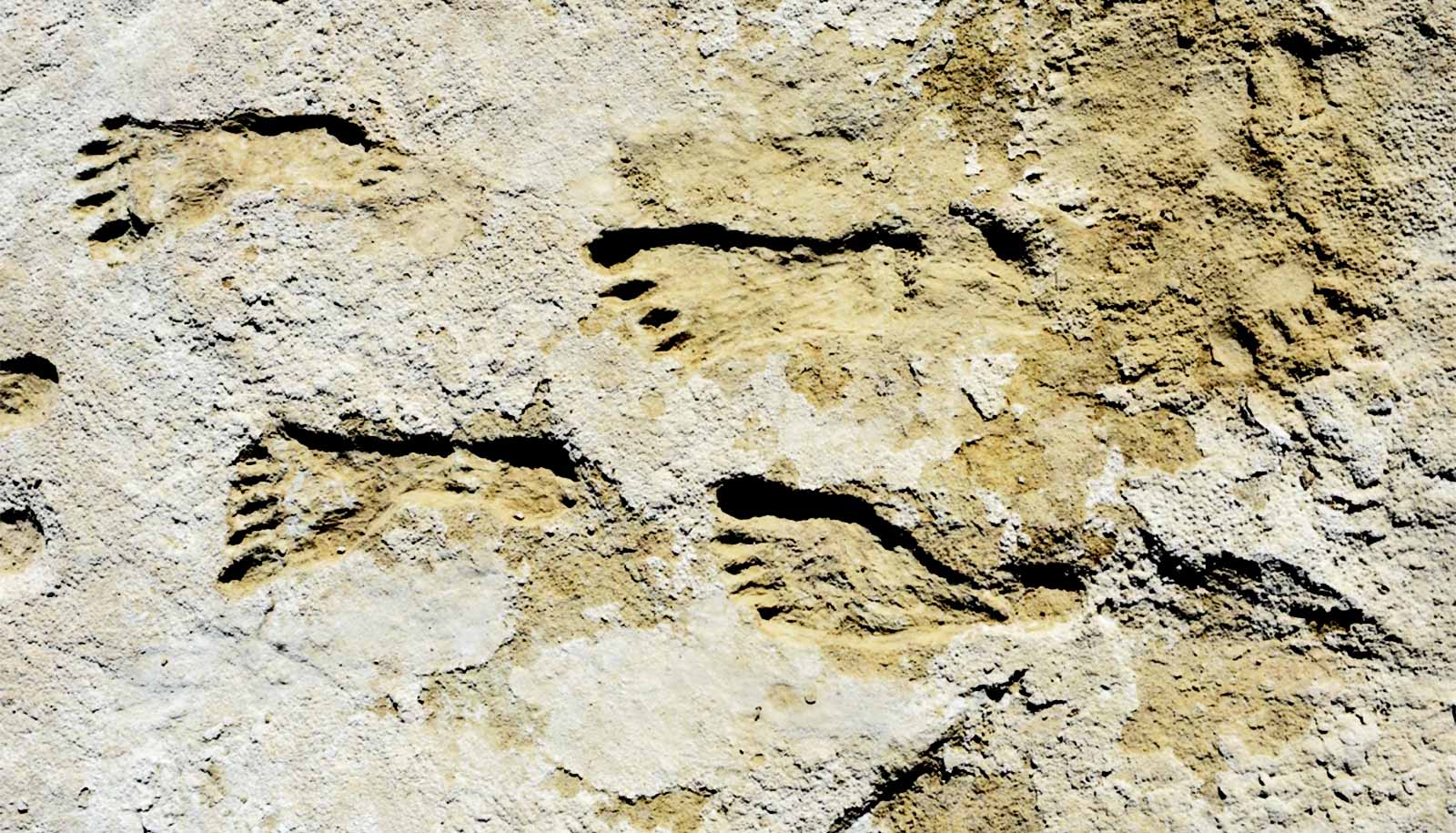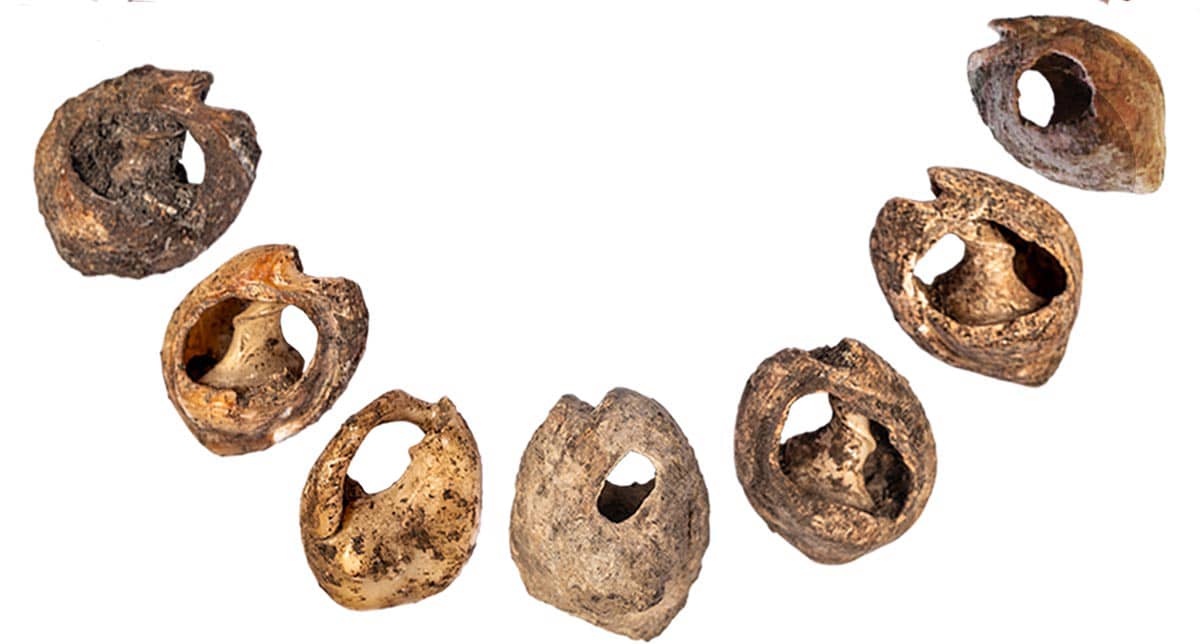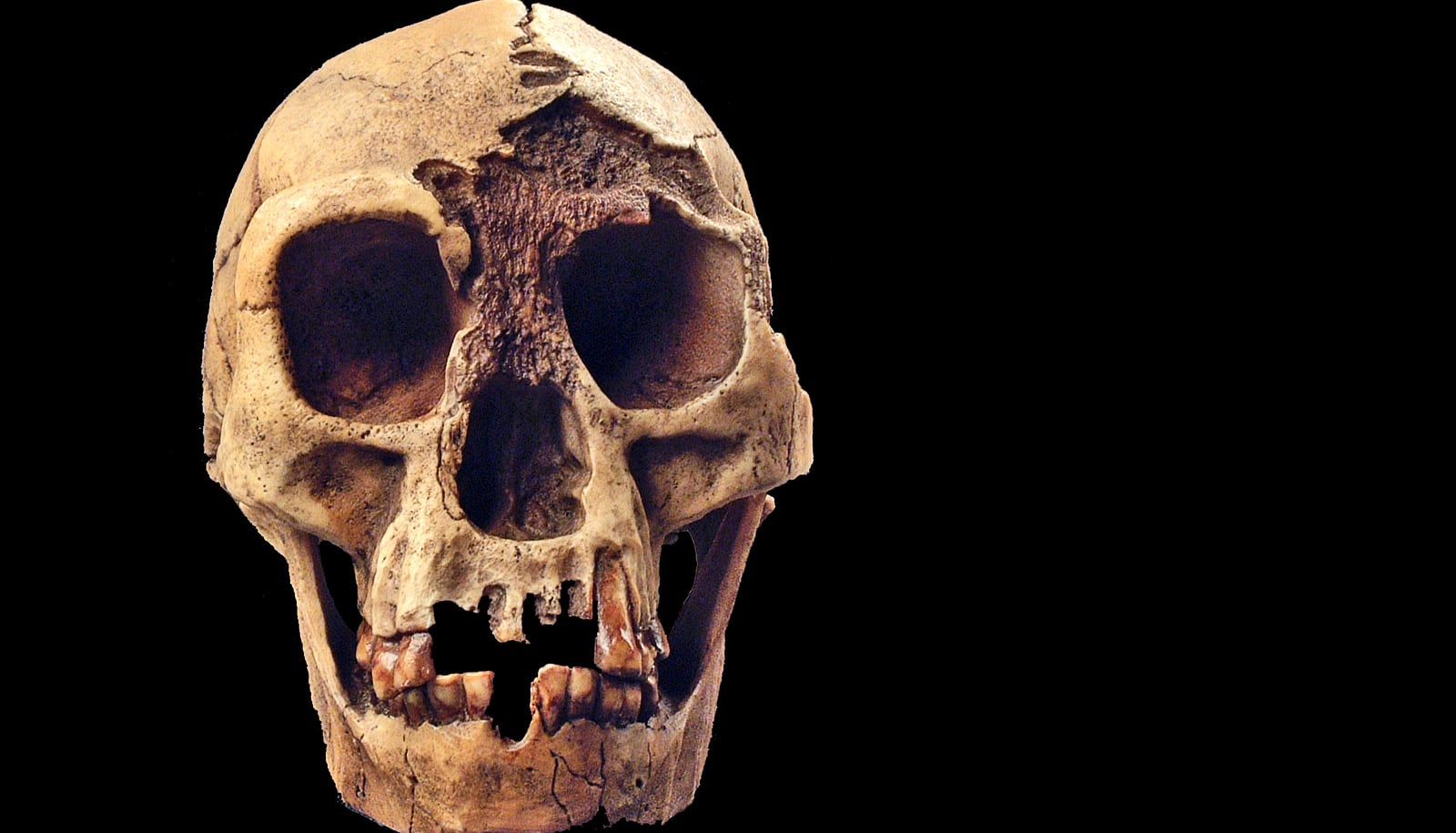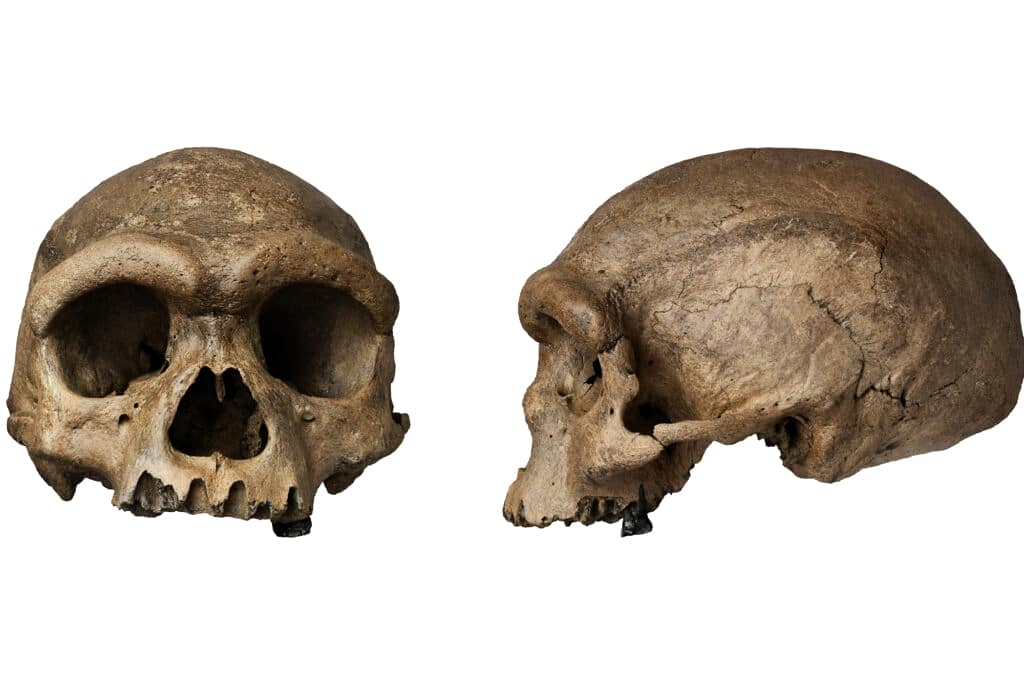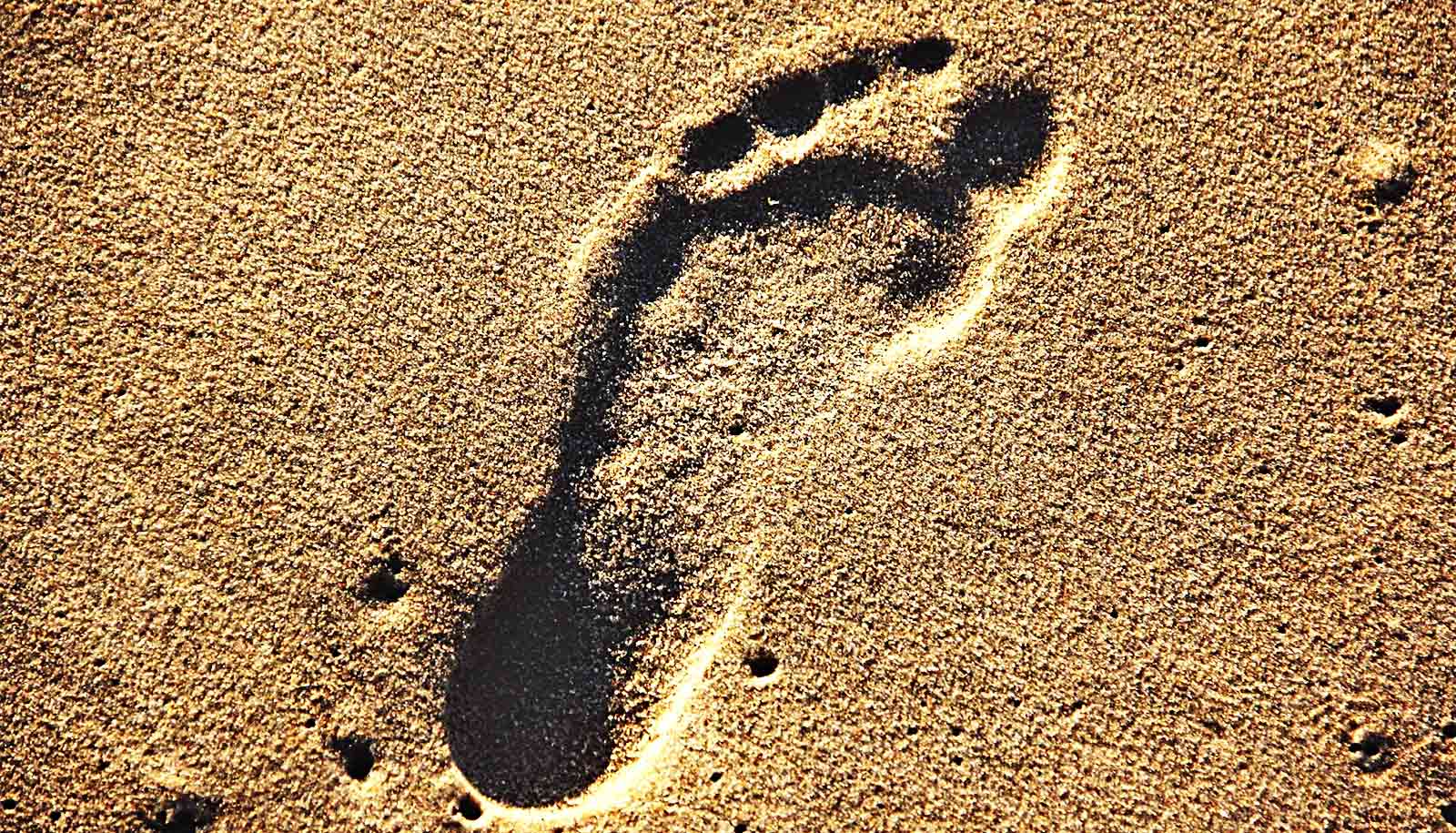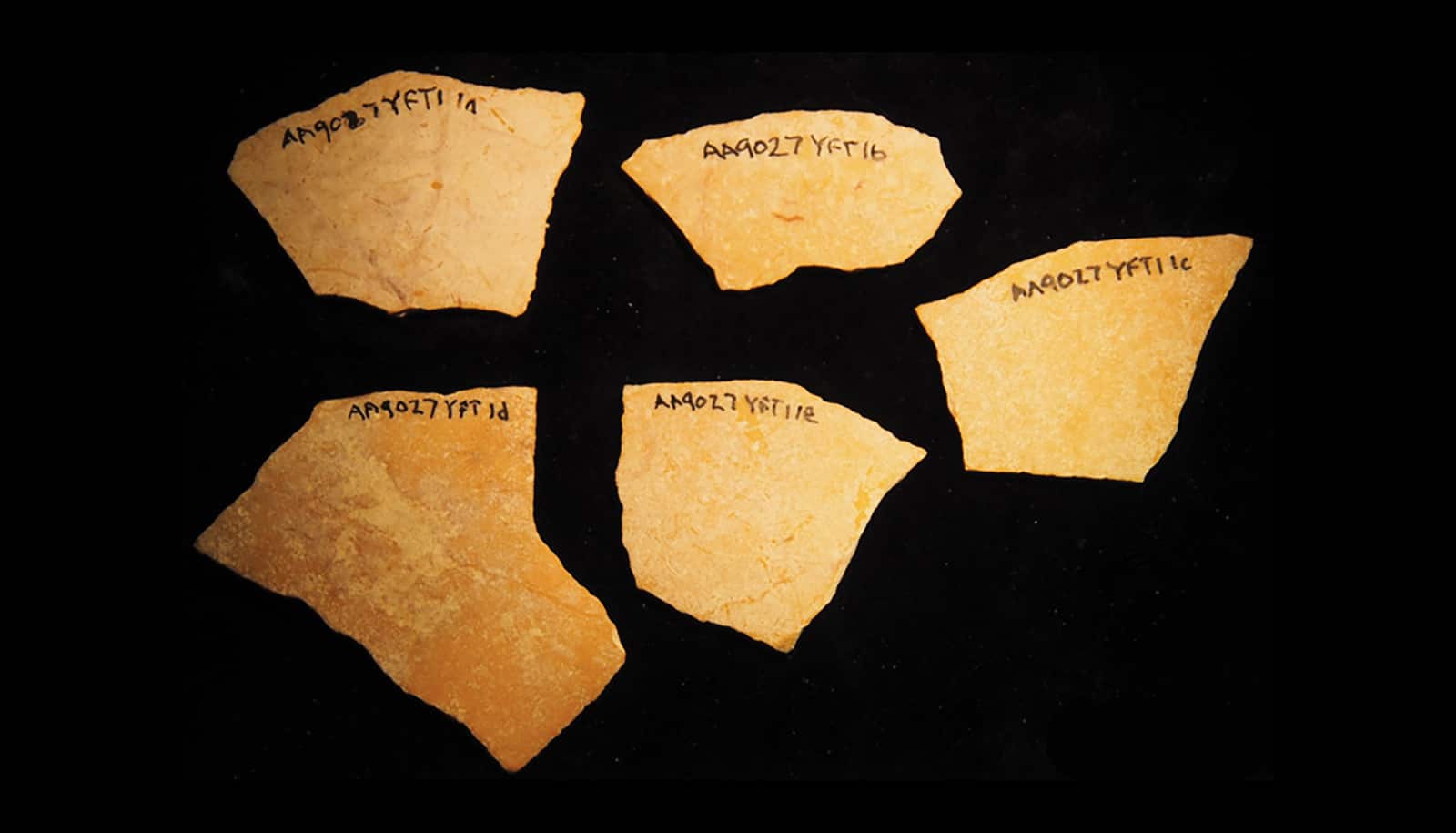When and how was walking invented?
Walking has taken a very long time to develop, with evidence of bipedalism among early humans in Africa roughly 4.4 million years ago.
Jan Simek, Professor of Anthropology, University of Tennessee
• conversation
Nov. 1, 2021 • ~7 min
Nov. 1, 2021 • ~7 min
/
4

